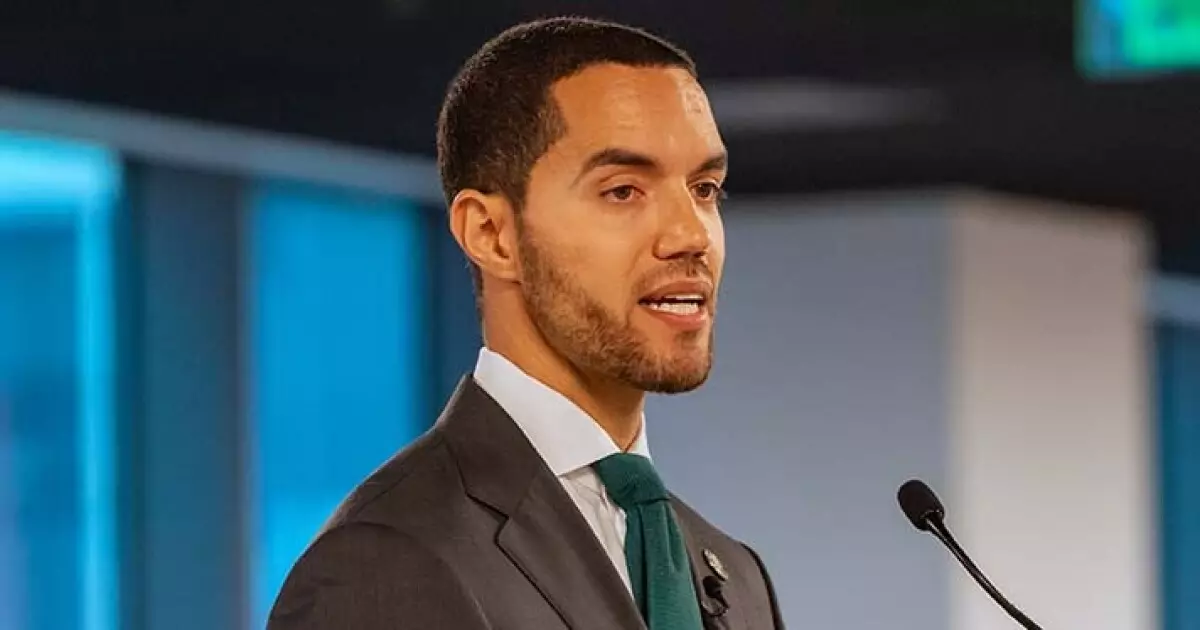The recent decision by the Texas Supreme Court has sent shockwaves through Houston’s financial landscape, sparking deep concerns among city officials about the long-term implications of a staggering $100 million budget deficit. This ruling stems from an appellate court’s decision related to a 2019 lawsuit challenging the city’s ability to manipulate certain property tax revenues designated for drainage and road maintenance. With funding earmarked specifically for the Dedicated Drainage and Street Renewal Fund at stake, city leaders now fear that the fiscal ramifications could jeopardize essential services for residents in this sprawling metropolis.
The decision comes at a precarious time for the city, which has been grappling with a structural deficit projected to surpass $300 million in fiscal year 2025. Houston Controller Chris Hollins articulated the dire situation in a recent city council report, suggesting that without immediate corrective measures or an influx of new revenue streams, the city may find itself unable to deliver critical public services. This persisting financial strain appears to be a culmination of multiple factors, from legal challenges to unsustainable spending pressures.
Hollins’ assessment paints a stark picture of the city’s precarious finances, with the hotly contested $100 million payment due shortly threatening to shrink the projected fund balance significantly. As the controller expressed, the narrow margin between operational viability and fiscal calamity is razor-thin. The looming prospect of drastic budget cuts or tax hikes could unfavorably impact Houston’s infrastructure, emergency services, and community welfare programs—services integral to the southeastern Texas metropolis.
Mayor John Whitmire’s promise to stabilize the city’s finances indicates an awareness of the urgent need for reform. He emphasized collaboration with the lawsuit’s plaintiffs—an attempt to negotiate a timeline that balances fiscal responsibility with community expectations. Such strategic dialogues will be crucial in navigating the city’s financial labyrinth, but they require swift action and transparency with constituents who may feel alienated by prolonged uncertainty.
In a bid to mitigate the impending crisis, Finance Director Melissa Dubowski has hinted at potential collaborative efforts with the Metropolitan Transit Authority of Harris County, which has allegedly unlocked an additional $50 million for city projects. However, this initiative may only serve as a temporary stopgap rather than a comprehensive remedy for the broader financial crisis.
The city is also looking into an Ernst & Young audit that promises to highlight areas for budgetary efficiencies. These steps represent critical first measures in what must become a larger, ongoing dialogue surrounding fiscal prudence and accountability within city finances. The challenge lies in instilling confidence among taxpayers that leadership is proactive rather than reactive, particularly amid shifting economic tides.
Houston faces a pivotal moment in its financial history. With the dual pressures of rising operational costs—exacerbated by a recent $650 million payout to firefighters—and diminished reserves, it becomes increasingly clear that systemic reform is essential. Forecasts from credit rating agencies such as Fitch Ratings and S&P Global have echoed city leaders’ concerns, illustrating a consensus that financial stewardship is paramount.
While the city’s Aa3 rating from Moody’s remains stable amid these challenges, the negative outlook from other agencies illustrates a critical need for immediate and effective action. Holistic financial management will require Houston to explore innovative avenues for revenue generation and instate rigorous budget controls that align with long-term growth objectives.
The situation in Houston stands as a stark reminder of the essential interplay between governance and fiscal responsibility. City officials must confront this reality head-on if they hope to maintain the integrity of essential services and reassure citizens that their interests come first. As the city embarks on this journey toward financial recovery, fostering an environment of open communication, stakeholder engagement, and sustained innovation will be vital. Houston’s resilience in addressing its financial challenges will undoubtedly shape its future for generations to come, making the urgency of the moment all the more pressing.

